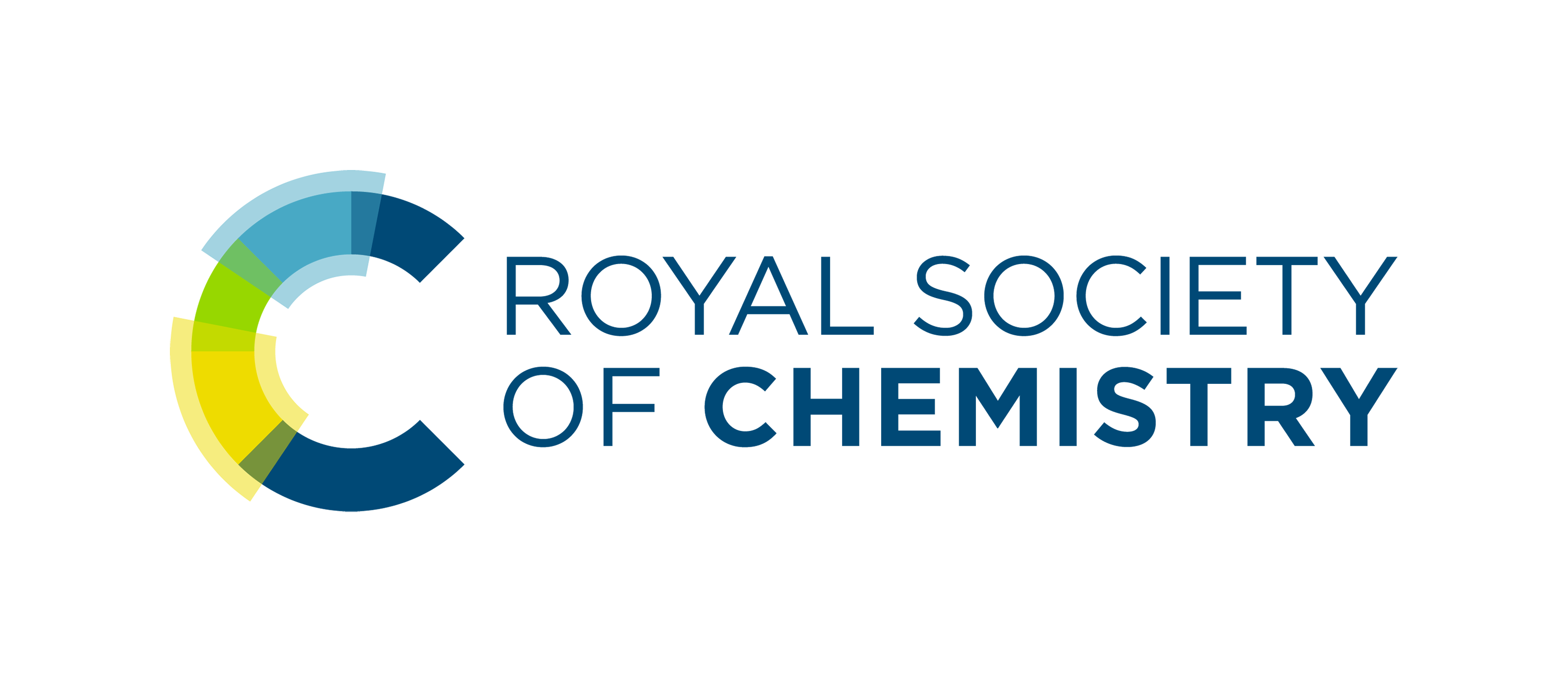
The Royal Society of Chemistry is actively engaged in lobbying the Government for changes to the chemistry curriculum. They required deep and robust insight into the views of young people around sustainability and climate change to inform this strategy. The Society approached Mobas as a trusted partner with expertise in engaging youth audiences. We delivered a multi-stage insight approach, drawing upon qualitative and quantitative techniques, to identify priorities for chemistry education.
An overview of the Society
The Royal Society of Chemistry is actively engaged in lobbying the Government for changes to the chemistry curriculum. They required deep and robust insight into the views of young people around sustainability and climate change to inform this strategy. The Society approached Mobas as a trusted partner with expertise in engaging youth audiences. We delivered a multi-stage insight approach, drawing upon qualitative and quantitative techniques, to identify priorities for chemistry education.
The need for insight
From climate change to the scarcity of natural resources, chemistry holds the answer to many of the world’s most pressing problems. It is essential that the next generation has the skills and expertise to create answers to the issues that face us.
The Society is pressing for improvements to the chemistry curriculum to give young people these critical skills and to motivate them in pursuing chemistry as a means to make a positive difference to the world.
The Society required insight into the attitudes, needs and aspirations of young people around sustainability and climate change. In combination with surveys of educators and chemists, this research aimed to provide them with clear evidence upon which to lobby for curriculum change, as well as providing fresh insights to be presented at the Youth Climate Change Summit and COP26.
Our approach for research
As a long-term partner to the Royal Society of Chemistry with expertise in youth research, Mobas was ideally placed to face this challenge.
We used a multi-method approach to provide fresh, engaging insight on young people’s attitudes towards the crucial issues facing society, and the role of the chemical sciences in responding to these.
Our approach included the following stages:
- A quantitative online survey with 549 young people aged 11 to 18 across the UK, to provide robust data on attitudes, needs and behaviours
- Snapchat-style videos with young people aged 16 to 18, a highly engaging way to hear the views of Gen Z about things that matter to them, in their own words
Our process of research
Drawing on our vast experience with Gen Z consumers, we designed an engaging online survey, covering attitudes towards sustainability and climate change, preferences regarding how this is currently taught on the school curriculum, and awareness and consideration of career options in the field of sustainability.
Alongside this, we gained 20 Snapchat-style videos with a range of young people aged 16 to 18, from different areas of the UK and diverse backgrounds. Participants were asked to create a short video response to a set of questions around climate change and sustainability, covering their level of concern about the issues, trusted information sources, who should take responsibility for tackling the issues, and how they feel about how this is currently taught on the curriculum.
An in-depth insight debrief was delivered to the Society, combining insights from both stages.
Impacts of our efforts
The insights from the research among young people were combined with surveys of educators and practising chemists, to provide an in-depth analysis of priorities for chemistry education on sustainability and climate change.
These resulted in the Society publishing a report which was presented at world-leading environmental conferences and used in lobbying. Some of the key insights from the report were:
- Young people think that climate change and sustainability should be a top priority for the curriculum
- Young people are very worried about climate change, and are actively looking for ways to help
- Young people are interested in careers in sustainability, but there is a need to improve awareness of the options in the chemical sciences
The report called on governments to urgently prioritise updating the school chemistry curriculum and ensure young people have skills and careers advice to progress into green jobs. Specific curriculum changes were recommended to achieve this.
Alongside the report, a video was created using the voices of young people who completed the vox pops, sharing their concerns and hopes for the future.
To conclude
This project demonstrates Mobas’s expertise in engaging the Gen Z audience, using appropriate research tools to provide fresh, in-depth and robust insights upon which to base essential recommendations and decisions. Our skill in revealing the attitudes and behaviours of niche audiences continues to support clients in driving change.
We can help you too
To find out more, or discuss how we can use insight to support you on your transformation journey, drop us a line at say.hello@mobas.com

MORE SERVICES
What we can do for you
From brand strategy, design and creative, to research and insight and digital marketing, including websites and social, take a look here.

OUR WORK
Take a look at more of our case studies
Whether financial or professional services, through established firms, scale-ups and start-ups, to healthcare, retail, property, construction and more, dive into our case studies here.
